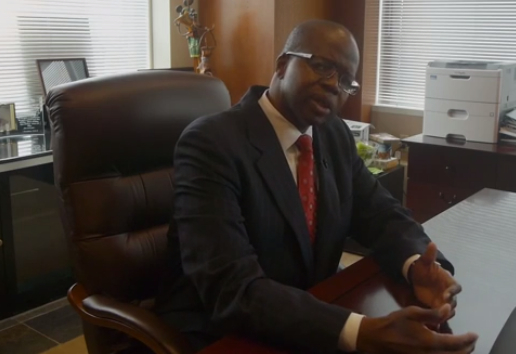Brooklyn man released from prison after typo found in sentencing transcript

A Brooklyn appellate court has ruled against prosecutors and released a man from prison in spite of a found error in the sentencing transcript citing double jeopardy as the ground for release.
Brooklyn prosecutors tried to rectify an error — years after the fact — that if corrected at the time of the mistake, may not have resulted in the release of Kevin Langston 10 years earlier than expected.
In 2003, Langston was convicted of assault and criminal possession of a weapon and, according to the sentencing transcript, was sentenced to five years on the weapons charge and 25 years for assault with the sentences run concurrently — or at the same time.

Brooklyn Boro
View MoreNew York City’s most populous borough, Brooklyn, is home to nearly 2.6 million residents. If Brooklyn were an independent city it would be the fourth largest city in the United States. While Brooklyn has become the epitome of ‘cool and hip’ in recent years, for those that were born here, raised families here and improved communities over the years, Brooklyn has never been ‘uncool’.